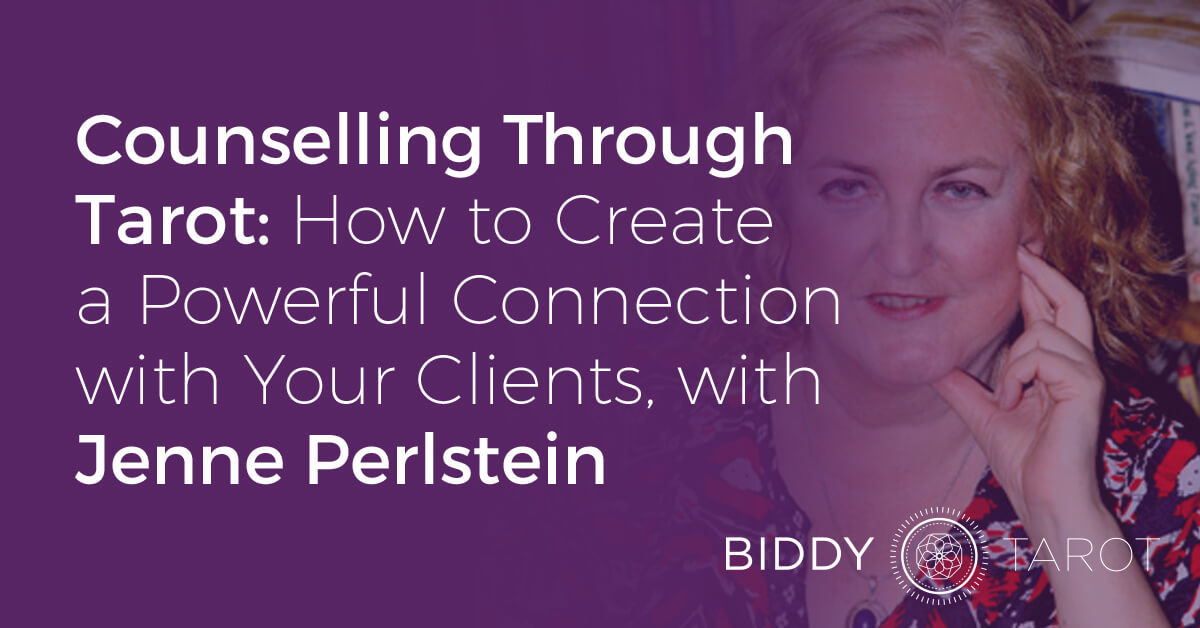 This month, I welcome Tarot Counsellor, Jenne Perlstein. Jenne has worked as a social worker for over 27 years and has developed excellent counselling skills which she now brings to her Tarot work. Jenne talks today about how we can use these skills to form a better connection with our clients and how to take care of ourselves in the process. Over to you, Jenne!
This month, I welcome Tarot Counsellor, Jenne Perlstein. Jenne has worked as a social worker for over 27 years and has developed excellent counselling skills which she now brings to her Tarot work. Jenne talks today about how we can use these skills to form a better connection with our clients and how to take care of ourselves in the process. Over to you, Jenne!
Jim, a young man working as a plumber, came to me for a Tarot reading. He had the opportunity to take a job interstate and wanted to know if it was the best move for him? In using a general spread other issues emerged, revealing that he had’ serial’ brief relationships, but was unable to commit, and was perplexed about this. A combination of counselling questions and the cards revealed that his upbringing was difficult, after initially saying it was ‘fine’. His parents were apparently overly controlling and unable to give him the nurturance he needed, because of their own unacknowledged issues. Thus he sought ‘love’, i.e. sex, but without commitment. Part of his reason for going interstate was to escape from the latest breakup and an attempt to ‘escape’ from himself .He was able to ‘hear’ it when I suggested that he had a ‘sex addiction’, and needed further help (E.g. a support group, counselling, even ‘time out’ from relating to the opposite sex) to work on his deeper issues. Jim left challenged, but having had his unconscious relationship and family of origin issues brought to the surface, and resources offered. This story (based on a true one!) is an example of the integration of Tarot cards with counselling, and that the presenting problem is not always the actual problem!
How Counselling and Tarot Fit Together
Whilst Tarot means knowing the cards and using ones intuitive / psychic abilities, it needs people skills too! Clients often come to us stressed, with complex overwhelming problems, wanting concrete and specific answers, not always realistic, or willing to be self empowering. We may feel vulnerable and unsure ourselves. Counselling skills, with Tarot can assist!
What are your hidden ‘counselling’ skills as a Tarot reader?
You may have conscious and unconscious skills that you are using adeptly but unknowingly. E.g. you are an excellent listener, able to ‘read’ people and reflect back what they are communicating . Thus you have the basis of a skilled counsellor. Yet, you are not ‘conscious’ of this skill, nor ‘how’ you do it!. It is made up of your ability to read body language, tone of voice, be empathic (intuitive), and being able to put ‘aside’ your own needs, and distracting thoughts. Conscious counselling skills can enable you to use them by choice (or not) rather than habit, and when to change the duration, pace or intensity of interactions with a client and enable the opening up of dialogue..
Bringing Counselling Skills into Your Tarot Work
Establishing rapport with a client is crucial. Rapport is made up of your openness, body posture and body language, facial expression, appropriate eye contact, being non judgemental, relaxed and yet engaged with the client, so they feel safe.
 The physical environment enhances rapport and increases the chances of communication- seating on an angle, so that the client isn’t so ‘confronted’, and in a quiet environment.
The physical environment enhances rapport and increases the chances of communication- seating on an angle, so that the client isn’t so ‘confronted’, and in a quiet environment.
‘Active’ listening is incredibly powerful. This involves reflecting back to the person, in similar words, what they have just ‘told’ you, including use of your observational skills, and asking questions to clarify. At a deeper level you can reflect back the underlying feeling – i.e. empathy.
And finally, use open ended questions rather than closed ones (yes or no answers). Use What, How, Where, When? When the client is apprehensive or feeling overwhelmed, consider dealing with a positive simple issue first which can affirm their strengths, then move onto more difficult issues.
‘Do No Harm’ – Become the Mirror and the Container
Know your limits with time, skill and expertise i.e. , set your boundaries. Despite the cards and their ‘life paths’, clients have free choice and we cannot force clients to follow a particular option e.g. accepting that ‘the’ relationship is over! You are the guide but ultimately directed by the client, and you can’t give magic answers. ‘Psyche’ has its own time, and we can only facilitate the client as far as they want to go, so offer options, not advice.
As Tarot readers, we are both the ‘mirror' and the ‘container'.
As the ‘mirror', you are not the problem solver or rescuer but an enabler. This mirroring may enable further dialogue in the session or deeper reflection outside it.
6,452 Tarot Enthusiasts Have Already Joined!
Are You Ready To Unlock Your Best Tarot Readings Yet?
Stop the guesswork in your Tarot practice. Discover clarity and confidence in every card you pull.
April 28th - May 2nd
Dive into five days of fun, intuitive learning with Brigit Esselmont—LIVE!
As the ‘container', you can offer the distressed a safe place to express feelings and to facilitate the consultation to a positive conclusion, so you are not leaving the person vulnerable. Not all the problems may be solved but there is a plan, and the client feels empowered!
You, and the dynamic between you and client are the tools. It is like developing an ‘observing’ part of yourself, and aiming to become observant of the client dynamic AND your own thoughts and reflections. Therapy is not a straight line, and you move between easier issues to harder ones until the client is ready to reveal or hear the interpretation you are offering. Bring clients back , by saying what is happening here and now. E.g. ‘you have gone very quiet’ or’ you keep changing the subject when we touch on that issue’!
The Powerful Effects of Integrating Counselling with Tarot
Tarot is more acceptable for some people, compared to a psychologist/doctor. It offers a ‘safe way’ for the person to open up and reveal and minimises embarrassment, guilt and intimidation. Difficult issues can be presented in a non-judgmental symbolic way. Tarot is concrete and immediate and the problem can be externalised.
Counselling helps to clarify and deepen messages from the cards, overcoming resistance. The cards enable inner awareness, the unconscious to come to the surface and the realising of memories, feelings and sensations. A map of the psyche can be revealed, ie.. Personality, defences, unconscious processes, and the shadow via the cards. ‘The entire identity of the client is externalised very quickly, free from personal censorship, defence mechanisms and value judgement.” – Noel Tyl (humanistic astrologer).
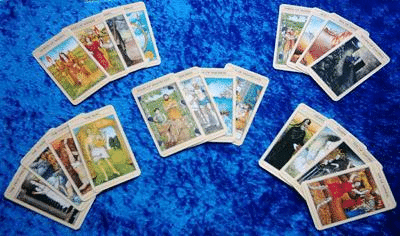 Tarot can define:
Tarot can define:
- What are the problems? Using relevant spreads eg. Life spread, 3 card spreads, thus breaking the problems into manageable parts and so the client feels that the issues are containable and can be changed. This is a key part of ‘problem solving’ in counselling!
- What are the options? With relevant spreads, the likely consequences of each decision can be laid out and often encourages their own decision making.
Know Your Limits… When Your Client's Issues Go Beyond Your Expertise
The container mentioned before offers containment for you! If a client reveals an issue that you feel is beyond your skill or you think by opening it up, it could harm the person, then you need to recognize your limits.
I recently had a client who was very paranoid, and I used these techniques: Stop, Assess the person’s insight, and willingness to listen and acknowledge there is an issue- both to yourself (and possibly the client), move ‘away’ from the reading keeping the content ‘light’ but be supportive and empathise. Don’t give ‘advice’, or get into deep issues. Rather suggest a GP or another resource e.g. a psychologist, and wind up the reading on a positive note.
Reader Self-Awareness
We can feel uncomfortable with a client, as emotional and behavioral responses are triggered in us! You have lots of ‘facets’- your persona, your ego, your unconscious, your shadow, your past. e.g. when you sense someone is nervous, you start to feel anxious too! ; you tend to be a perfectionist, the reading is not going well, so you ‘beat yourself up’! A good reader/counsellor is able to ‘own’ their projections or their own inner needs e.g. the need to ‘rescue’. Becoming conscious of these issues, through supervision/ therapy/inner work enables you to know what’s ‘you’ and what’s ‘them’.
Over to You
How have you used counselling skills in your Tarot practice? Leave your comments below. Or, feel free to ask Jenne a question and she will respond!
About Jenne Perlstein
 Jenne Perlstein MBBS, BSW, Cert IV TAE, CMC, Prof Member TGA, Cert Appl Astrology, is an experienced Tarot reader/counsellor of 17 years and Social Work 27 years, and has a degree in Medicine including psychology and psychiatry. Jenne teaches Tarot Counselling and Mental Health skills as an Introduction to Counselling, and offers a supervision group, in the hope it builds confidence, enhances readers skills, offers boundaries and protection for the reader and helps with clients issues. Ideally if you want to be a counsellor in conjunction with your Tarot reading, Jenne would recommend you do her course, and go on to a fully accredited course. She can be contacted at [email protected]
Jenne Perlstein MBBS, BSW, Cert IV TAE, CMC, Prof Member TGA, Cert Appl Astrology, is an experienced Tarot reader/counsellor of 17 years and Social Work 27 years, and has a degree in Medicine including psychology and psychiatry. Jenne teaches Tarot Counselling and Mental Health skills as an Introduction to Counselling, and offers a supervision group, in the hope it builds confidence, enhances readers skills, offers boundaries and protection for the reader and helps with clients issues. Ideally if you want to be a counsellor in conjunction with your Tarot reading, Jenne would recommend you do her course, and go on to a fully accredited course. She can be contacted at [email protected]



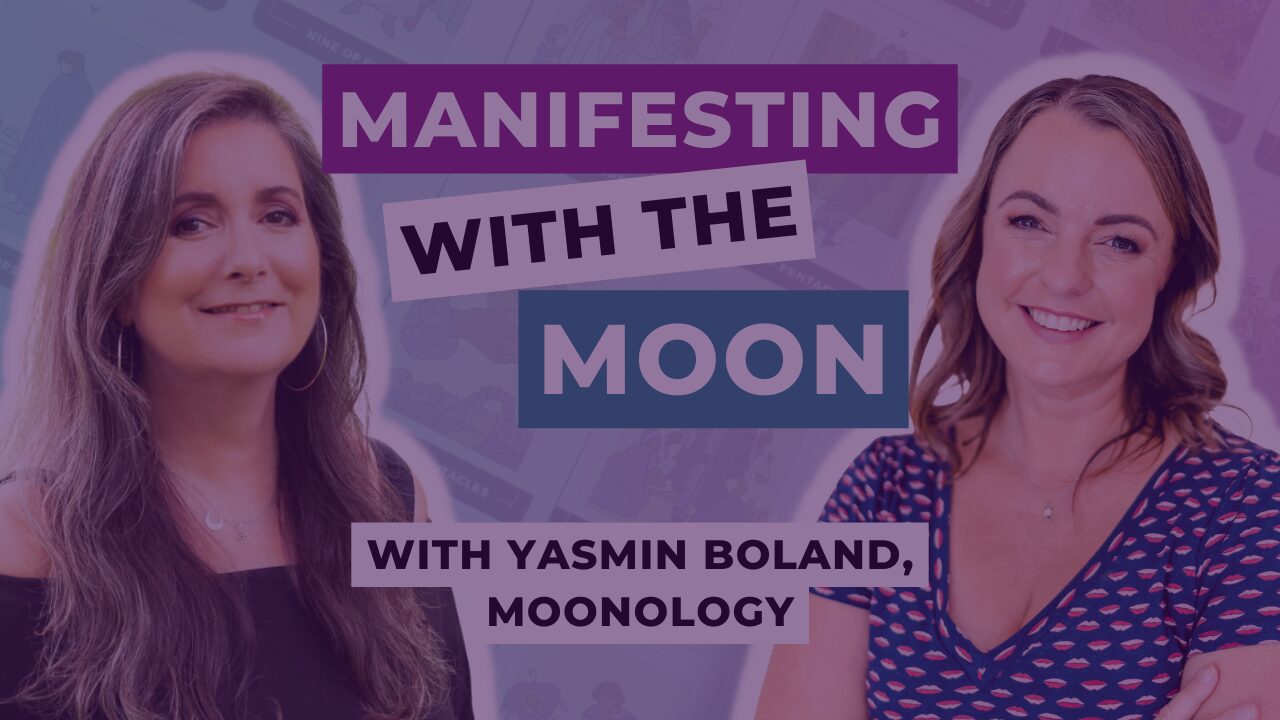
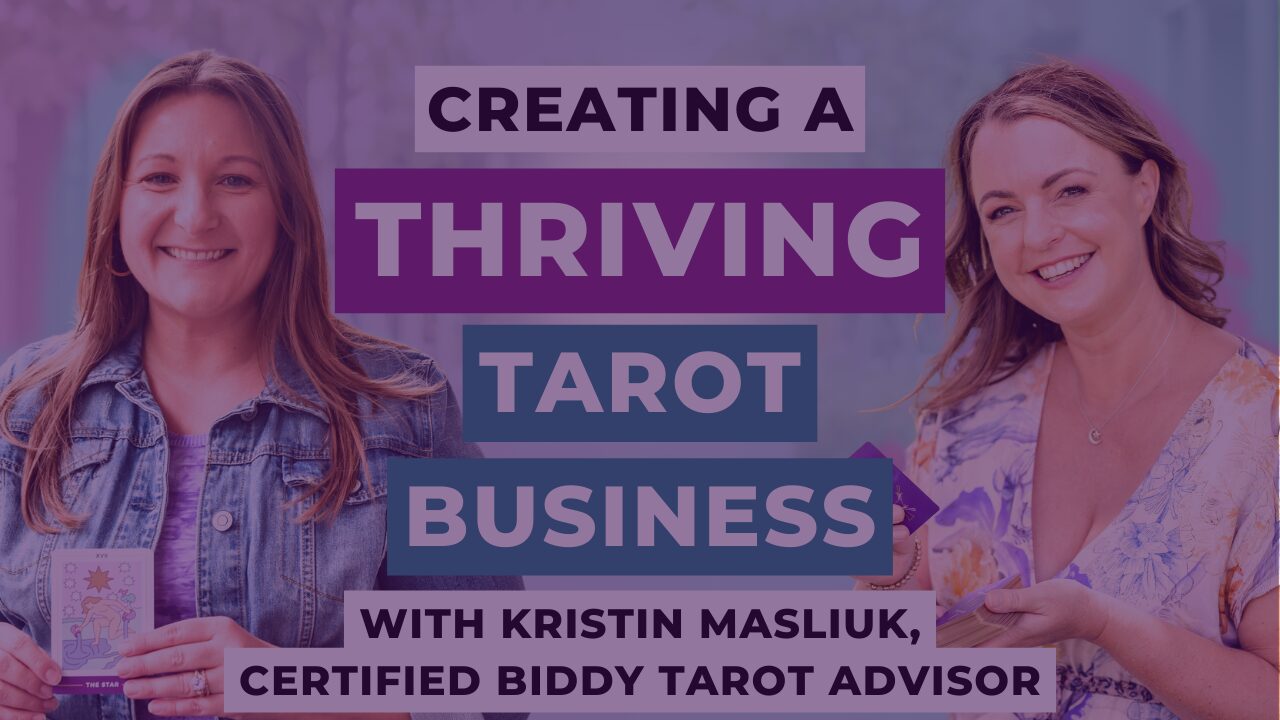
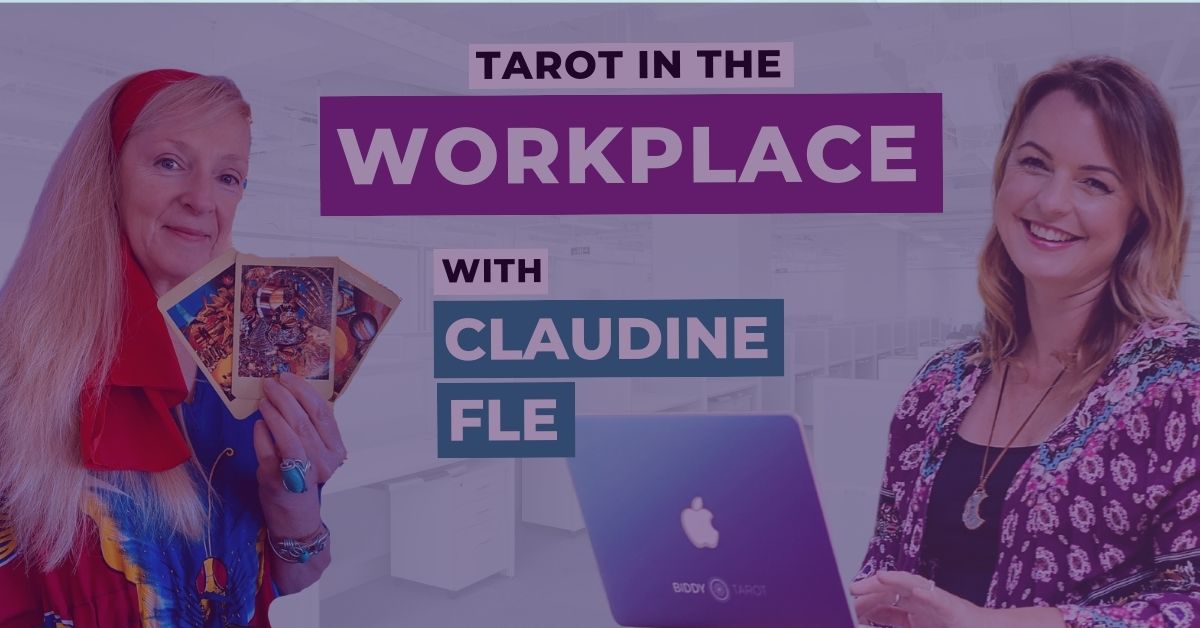
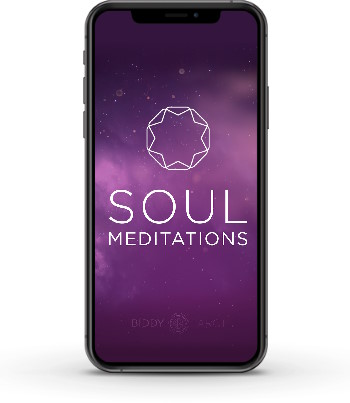 Harness the wisdom of the Major Arcana with 22 guided meditations. Here’s what you’ll get:
Harness the wisdom of the Major Arcana with 22 guided meditations. Here’s what you’ll get: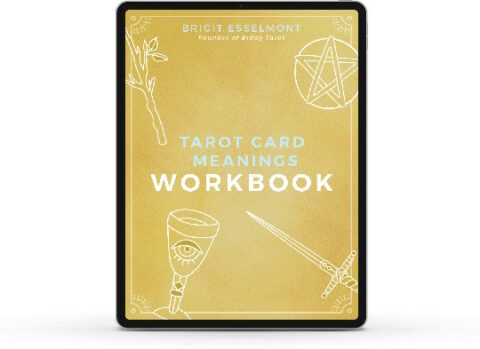 Create a deeply intuitive and personal connection to the Tarot cards with your very own Tarot Card Meanings Workbook. Here’s what you’ll find inside the workbook:
Create a deeply intuitive and personal connection to the Tarot cards with your very own Tarot Card Meanings Workbook. Here’s what you’ll find inside the workbook: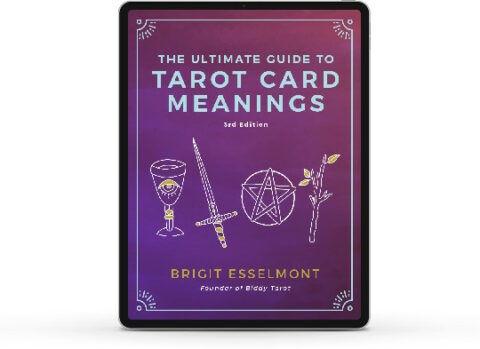 Here’s what you’ll find inside for every card in the deck:
Here’s what you’ll find inside for every card in the deck: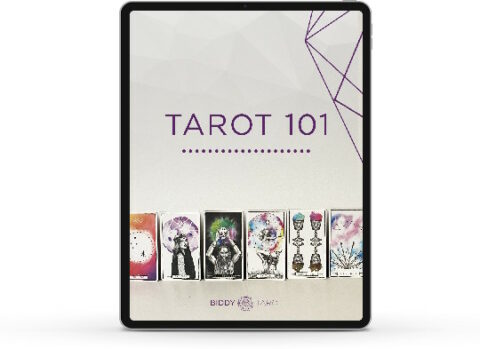 Start doing deep, accurate readings TODAY with this step-by-step accelerated program for beginners.
Start doing deep, accurate readings TODAY with this step-by-step accelerated program for beginners.